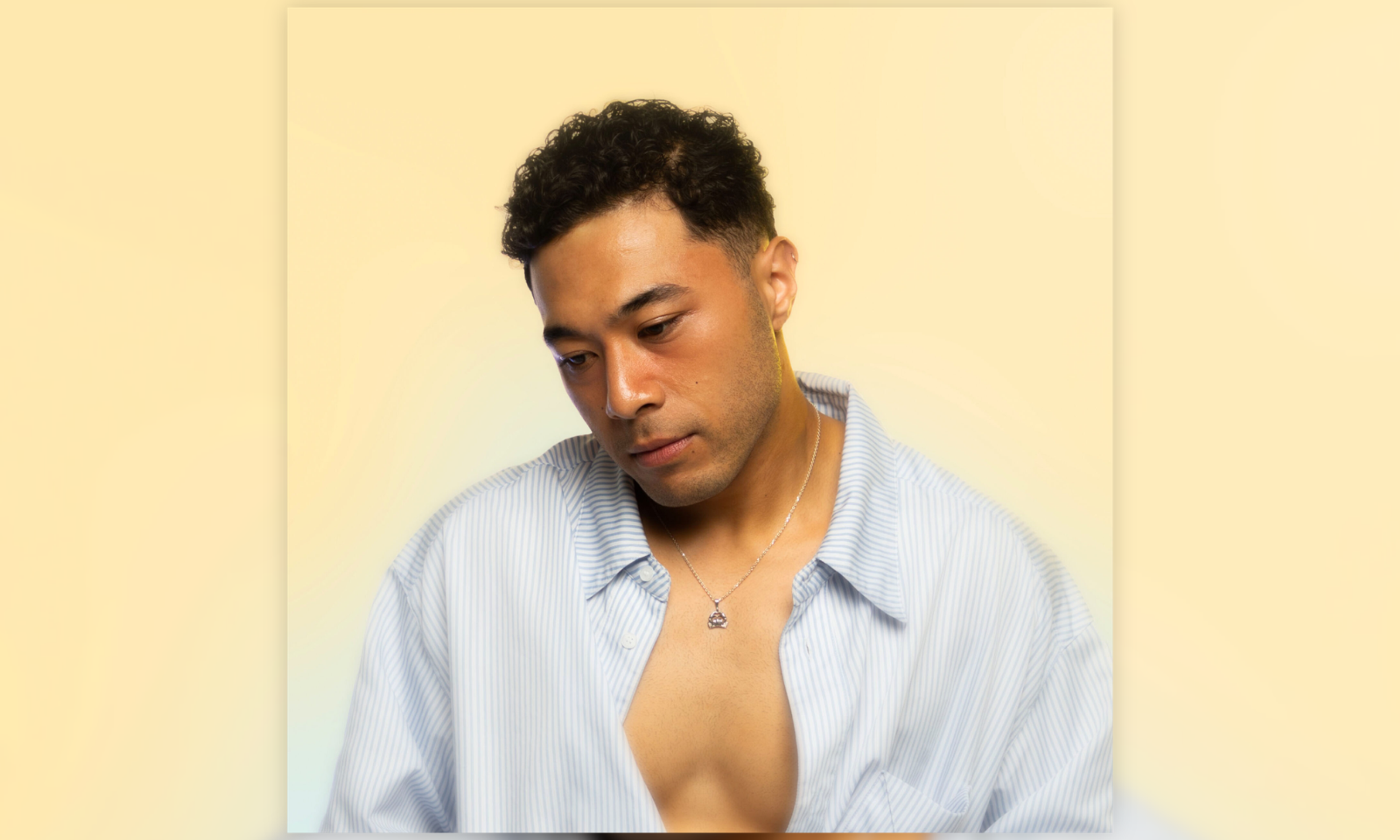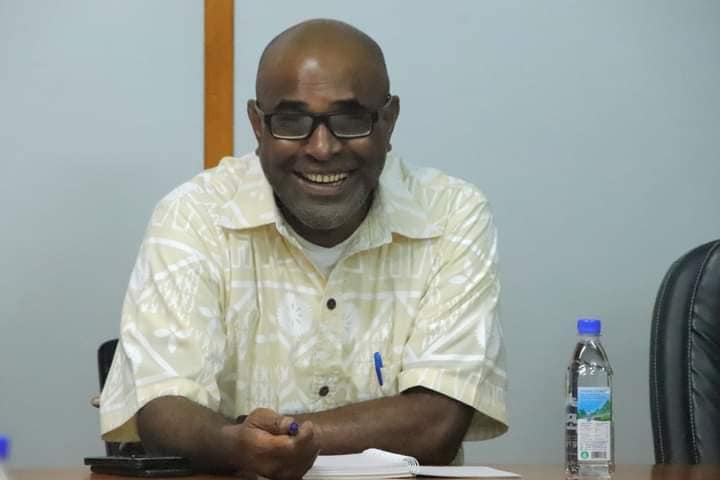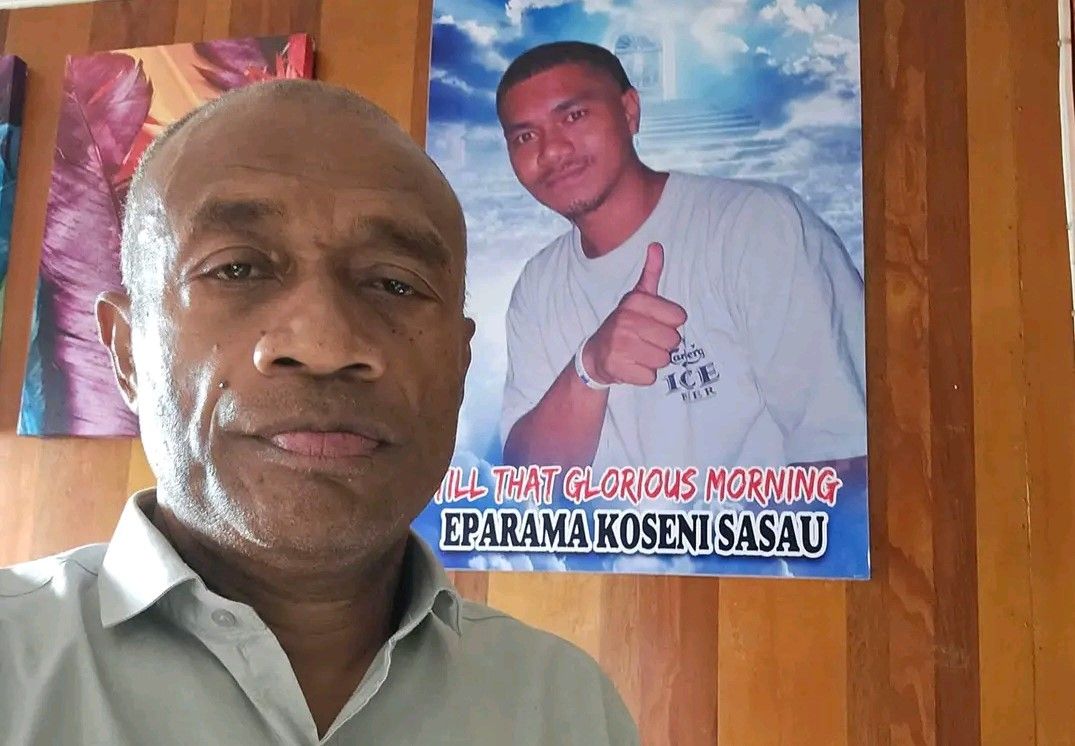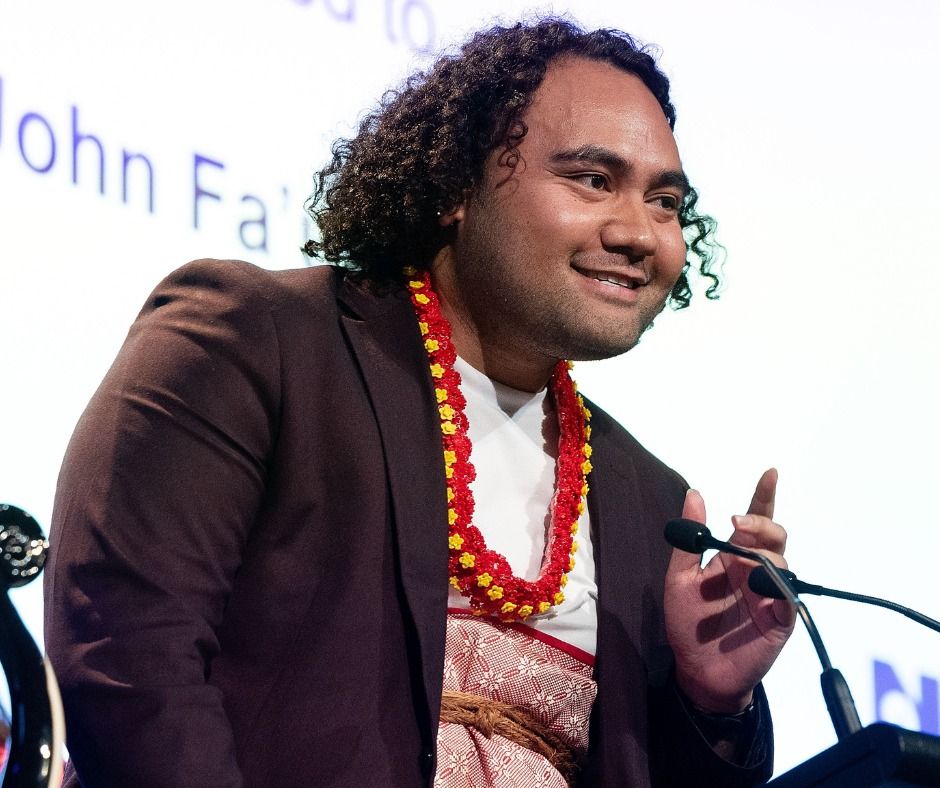

From October to December of last year, there were 490 new HIV cases in Fiji, bringing the 2024 total number of cases to 1583.
Photo/Medical News Today
HIV health experts urge testing amid outbreak
John Fa’ukafa and Temo Sasau are leading efforts to promote effective outreach initiatives, prioritising health needs in Fijian communities.



Tyrun re-imagines Niuean love in smooth new R&B single ‘Fila’

Digital Lifeline: New app helps Sāmoans abroad reclaim their heritage



Tyrun re-imagines Niuean love in smooth new R&B single ‘Fila’

Digital Lifeline: New app helps Sāmoans abroad reclaim their heritage
A Pacific nurse is encouraging the destigmatisation of HIV, urging Fijian communities to prioritise their health.
The call comes as Fiji continues to grapple with an HIV outbreak declared in January. The Minister for Health and Medical Services (MHMS), Dr Ratu Atonio Lalabalavu, recently revealed the latest HIV numbers during the Development Partner Roundtable focused on the country’s response to the crisis.
From October to December of last year, there were 490 new HIV cases, bringing the total number of cases in 2024 to 1583.
“What's even more sad about that is that about 32 newborns were diagnosed with having HIV acquired from mother-to-child transmission,” says John Fa’ukafa, a nurse at the Auckland Sexual Health Service.
“So they’re absolutely a country we care about, they're definitely a community we have here in New Zealand. We have families that are connected.
“We just wanted to bring attention to this issue so then we can increase testing for people. We can hopefully encourage faith-based organisations in our Pacific communities and Pacific networks to raise awareness so they can get the help they need.”
The Central Division of Fiji reported the highest number of new HIV cases, totalling 1100 (69.49 per cent). This was followed by the Western Division with 427 cases (26.97 per cent), the Northern Division with 50 cases (3.16 per cent), and the Eastern Division with six cases (0.38 per cent).
Among the newly reported cases, 815 individuals were in their 20s, and 70 per cent of the total cases were male.
iTaukei populations accounted for 90.3 per cent of the new cases (1430), followed by 133 cases in Fijians of Indian descent and 20 cases from other ethnic backgrounds.
Less than half of the newly reported cases (770) have been successfully linked to care, with 711 individuals starting antiretroviral therapy (ART).
Dr Ratu Atonio Lalabalavu strongly encourages individuals to get tested, know their status, and seek treatment if they are positive, while maintaining a negative status if not affected.
"I will reiterate what I have said before to all Fijians - HIV should not be a Death Sentence in Fiji!”
Increased drug use has been linked to the rise in HIV cases in Fiji. From January to September 2024, 1092 HIV cases were recorded, with about 400 individuals specifying their mode of transmission.
Of these, 50 per cent were related to intravenous drug use, including a case involving a 13-year-old - the youngest recorded.

Fiji's Minister of Health and Medical Services Dr Ratu Atonio Lalabalavu. Photo/Facebook
“Another percentage we've seen is also through sexual transmission, without using a condom,” Fa’ukafa told PMN News.
According to Fiji Village, the Health Ministry is set to receive FJ$6 million (NZ$4.43m) for HIV programmes, and the United Nations Development Programme (UNDP) has delivered 3000 emergency ARV drugs to MHMS.
Temo Sasau, President of the Fiji Red Cross Labasa Branch, says that while increased testing rates are encouraging, many diagnoses are made at later stages of infection.
He adds that in modern society, deaths from HIV/AIDS in Fiji should be preventable, as should cases of infants born with HIV.
Last year, 18 HIV-positive infants were born to unaware mothers, highlighting the importance of early prenatal care.

Fiji HIV advocate Temo Sasau. Photo/The Fiji Times
Don’t exclude community voices
Sasau, who has been living with HIV for over 20 years and is a passionate advocate for HIV awareness, criticised past Fijian governments for limiting resources for HIV advocacy, which has hampered community outreach efforts.
“Fiji experienced a 15-year period of reduced HIV awareness due to a lack of funding for advocacy efforts,” Sasau says.
“Prior to this lull, there was a decrease in reported cases, which we believed was because of the vigorous campaigns that we conducted. Government funding was redirected elsewhere, so the advocacy initiatives ceased.”
Sasau has been actively conducting community awareness sessions in nearby villages and has discovered a significant lack of knowledge regarding HIV, its transmission, and local treatment options.
“We had assumed that communities would have retained our previous awareness, but no. They are ignorant. Resource limitations have led to restricted advocacy efforts, and this has led to self-funded initiatives.”
“One way we can help with the current problem of increasing cases is to utilise experienced HIV advocates who have disclosed their status to effectively raise community awareness by sharing personal narratives and providing education.”
Destigmatising HIV
Fa’ukafa says information about HIV has “come a long way” over the last 40 years, with modern medicine developing treatments that allow people to live without fear and discrimination.
“It used to be just kind of a terminal illness, but nowadays with the advancement of the medication, antiretrovirals and the destigmatisation of the virus, people live a long and healthy life with HIV.
“Basically, what happens and the process is you're diagnosed and you have a doctor who follows you for your long-term management.”

John Fa'ukafa was awarded Young Nurse of the Year by the New Zealand Nurses Organisation in 2023. Photo/Facebook
Fa’ukafa compares managing HIV to handling chronic conditions like asthma or diabetes.
“You take a tablet every day and get monitored for blood tests every six to twelve months, that’s it.”
Last year, 45 per cent of those diagnosed with HIV in Fiji did not return for treatment.
Sasau advises individuals diagnosed with HIV to “accept their diagnosis, adhere to medical advice, and consistently take medication”.
He urges communities, families, and churches not to ostracise those living with HIV. Instead, he encourages them to accept and support these individuals, emphasising that HIV can affect anyone.